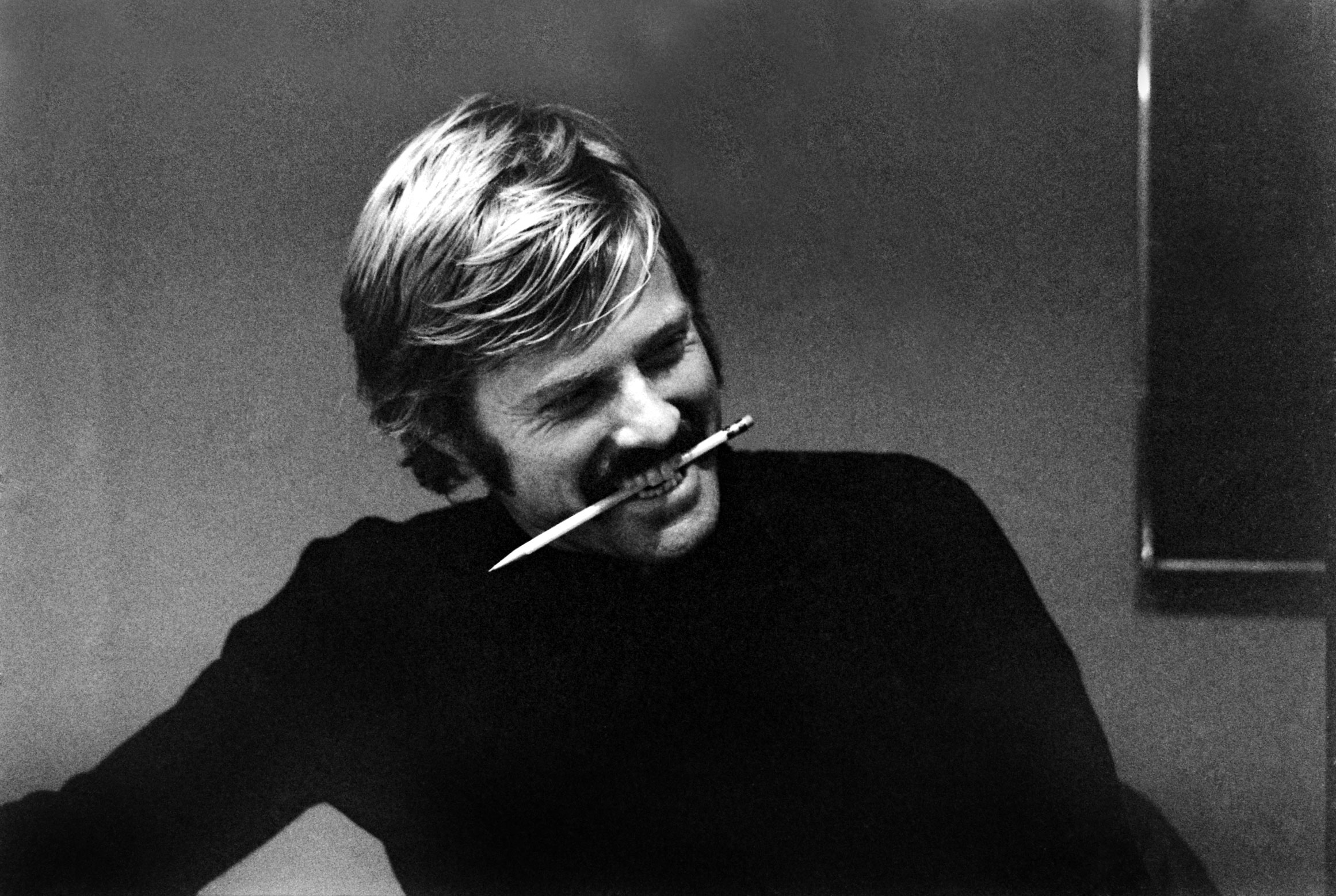
He had the requisite looks, charm and talent, but it wasn’t until 1969, when he was in his mid-30s, that Robert Redford truly broke out as a genuine Hollywood player. That year he starred in two very good films (Downhill Racer and Tell Them Willie Boy Is Here) and one hugely entertaining, honest-to-god classic, Butch Cassidy and the Sundance Kid.
As fate would have it, 1969 was also the year that LIFE photographer John Dominis spent a week with Redford as the legend-in-the-making mixed business and pleasure at his homes in Utah and New York, chronicling the days and nights of an increasingly famous man struggling mightily to maintain control of both his private life and his career.
At the time, Redford was married to first wife, Lola Van Wagenen. With their kids Shauna and Jamie (their youngest daughter, Amy, would arrive in October 1970), the couple lived for several months each year at a three-story A-frame house they had built themselves in Lola’s snowy, mountainous home state of Utah. During that part of the shoot, Dominis spent a few days trying to keep up as Redford traversed his vast property on horseback, skis and snowmobile.
Only a few of Dominis’ photos made it into the February 1970 LIFE cover story. Here, LIFE.com presents a series of photos—none of which ran in the magazine—from the photographer’s time with the Sundance Kid: Redford on horseback in the Utah mountains; hailing a cab in Times Square; playing with his kids; and always, always taking care of business.
Dominis’ pictures revealed more than just an actor indisputably on the rise: they captured a new kind of movie star, one who carefully managed every aspect of his career, from creative choices to nuts-and-bolts business matters. For Redford, the reasoning behind his decision to take control of his professional life was eminently practical.
“They throw that word ‘star’ at you loosely, and they take it away loosely if your pictures flop,” he told LIFE. “You take responsibility for their crappy movie, that’s all it means. So what I said was, since you say I’m responsible if my name is above the title, then give me responsibility. That’s all.”
Dominis’ unobtrusive, fly-on-the-wall approach to shooting, meanwhile, suited the star just fine, especially in light of how little time Redford really seemed to have to himself. In New York, for example, he was swamped with details connected to the release of his next movie, Downhill Racer. Even in Utah, a place to which he retreated in order to get away from it all, Redford “engages in endless long-distance discussions with agents, partners and other unfree spirits,” LIFE reported.
There’s no doubt at all, though, that Redford made an impression on Dominis. “He was a real man,” Dominis, now 91 years old, told LIFE.com, recalling his days and nights spent with the actor. “A strong person. I liked him a lot. And he was nice to me, even though he didn’t know me.”
One key aspect of Redford’s appeal for Dominis—a sportsman himself—was the actor’s obvious love of, and respect for, the natural world and the dramatic landscape of the American West. (“Other people have analysis; I have Utah,” Redford once quipped.)
By 1975, Redford had amassed about 7,000 acres of land in Utah, including a ranch, a ski resort, a horse-training farm and a large tract in the Wasatch mountain range. “I’d understand it if someone said it was too much for one man and his family,” he told People that year. “But I don’t think I’m just piling up land the way some men pile up money. I’m collecting space, and space has a very deep meaning for me.” In the coming years, of course, Redford would give much of that land in service to his craft, making it the site of the enormously popular and influential Sundance Film Festival and the nonprofit Sundance Institute.
Liz Ronk, who edited this gallery, is the Photo Editor for LIFE.com. Follow her on Twitter at @LizabethRonk.
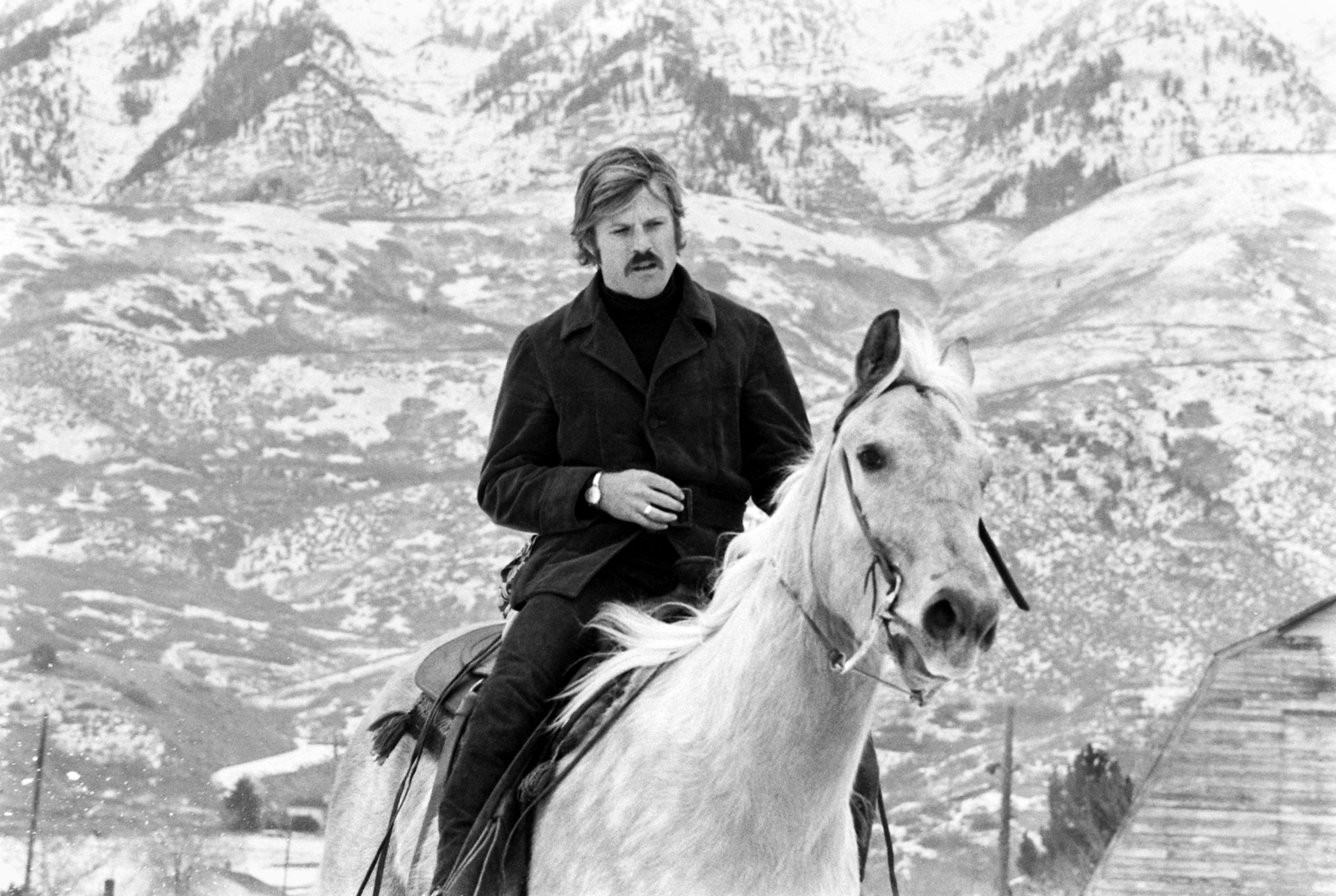
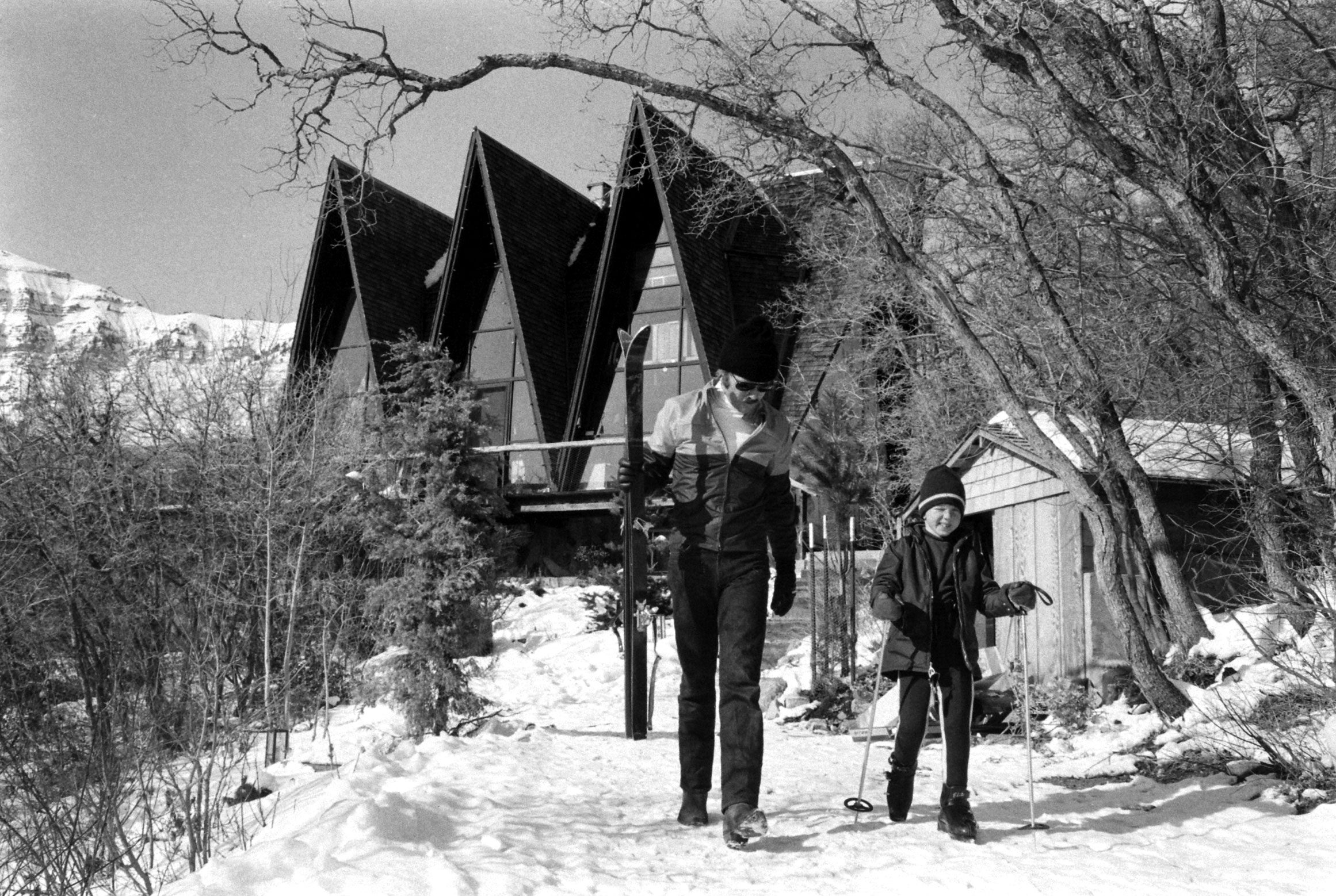
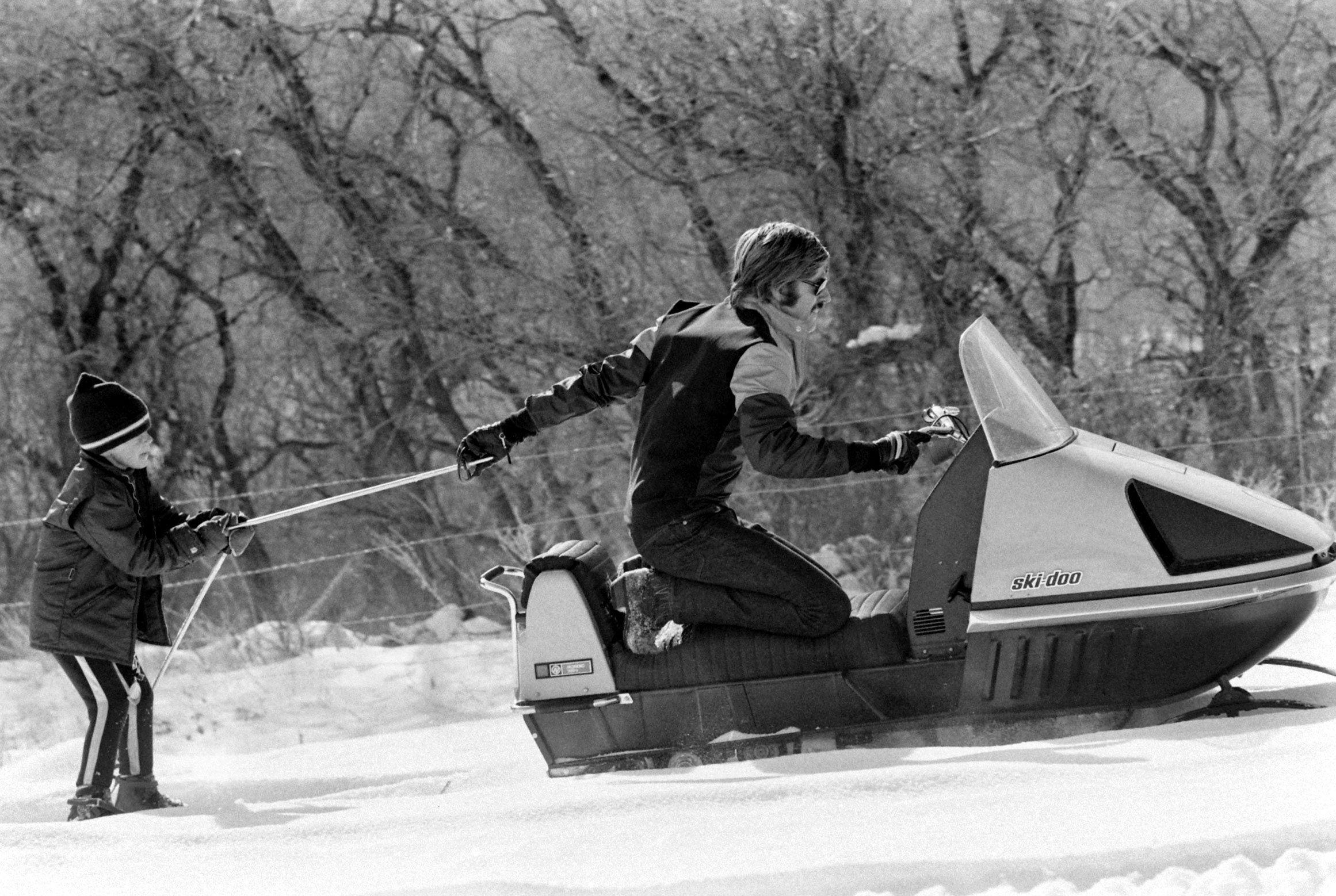
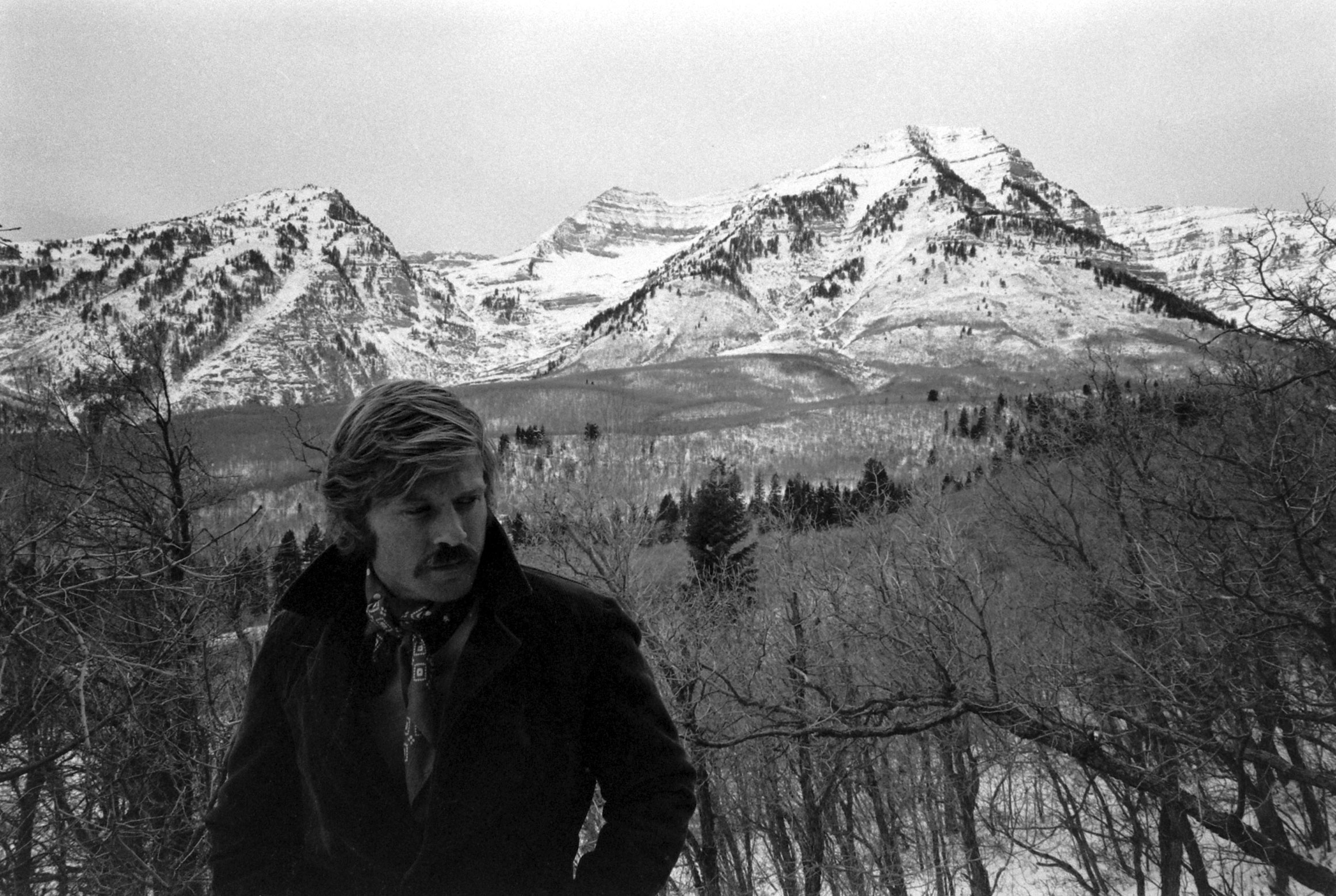
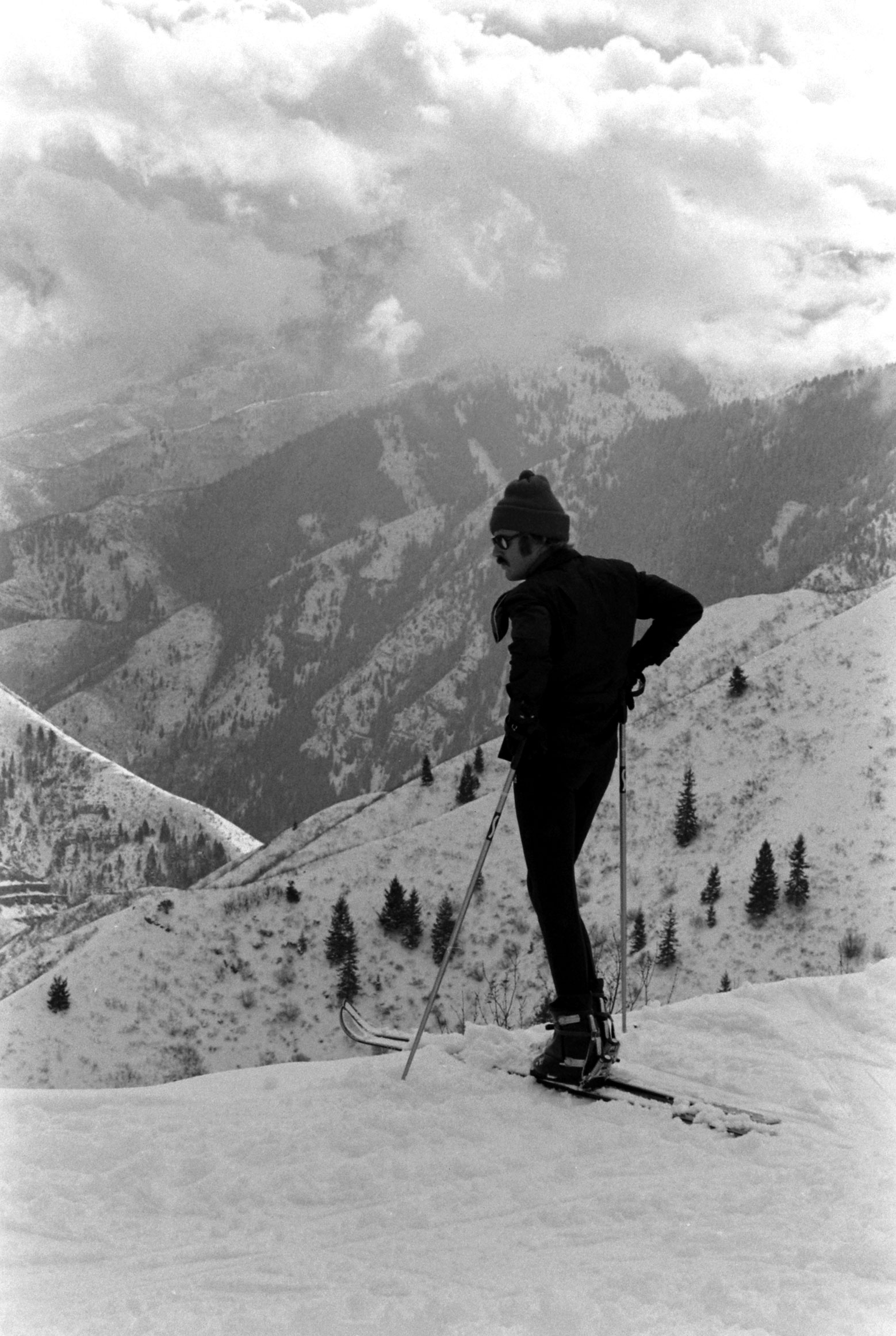
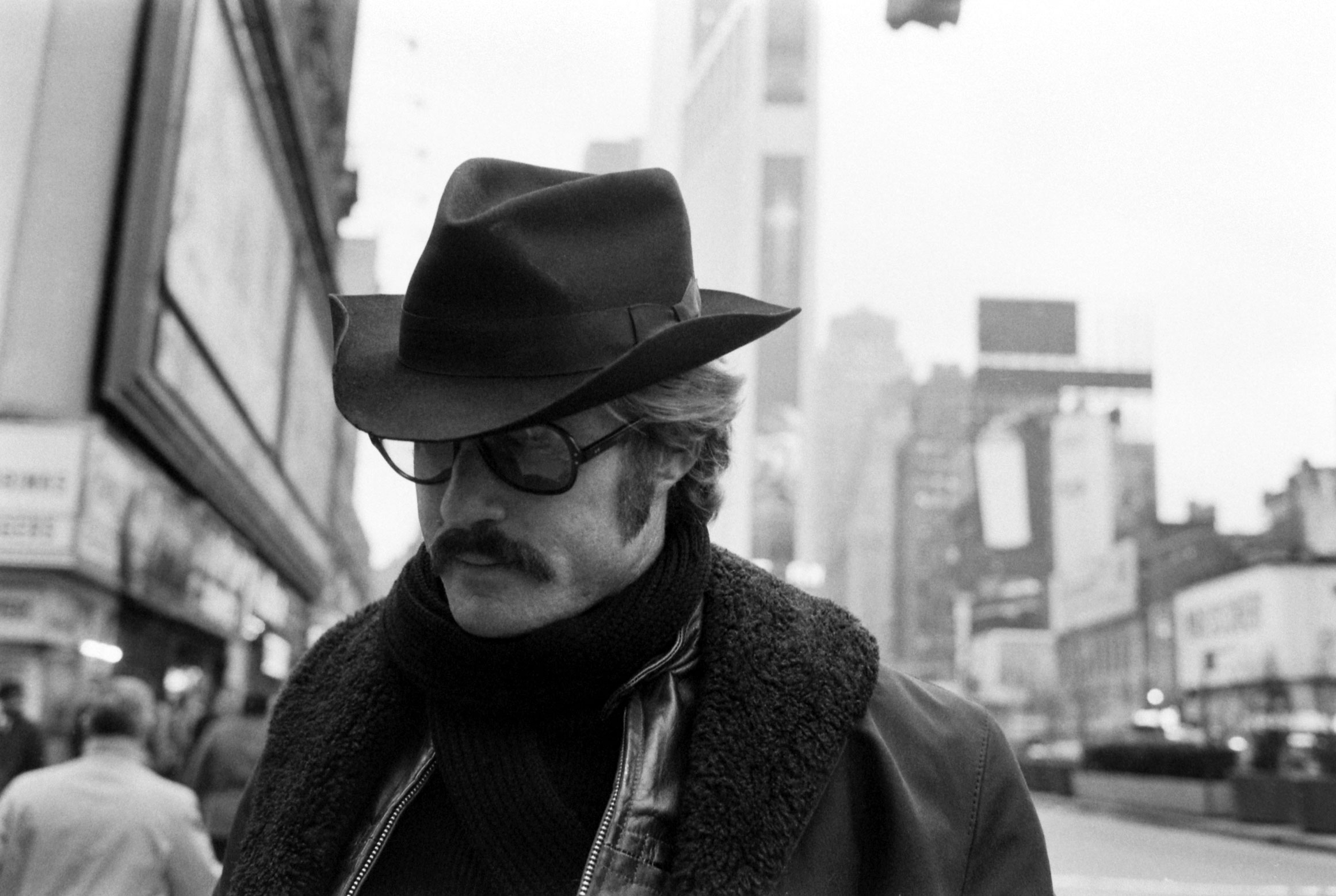
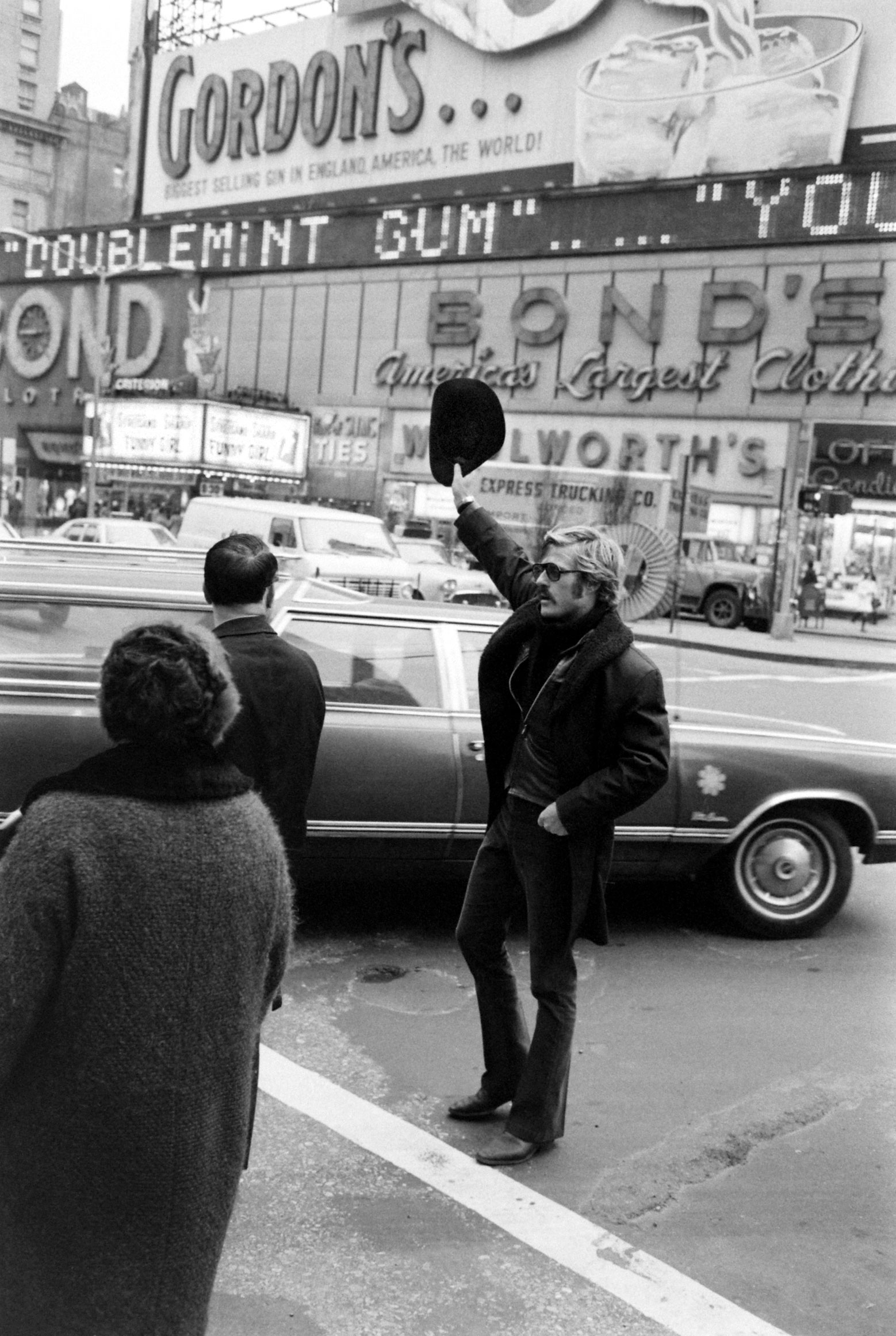
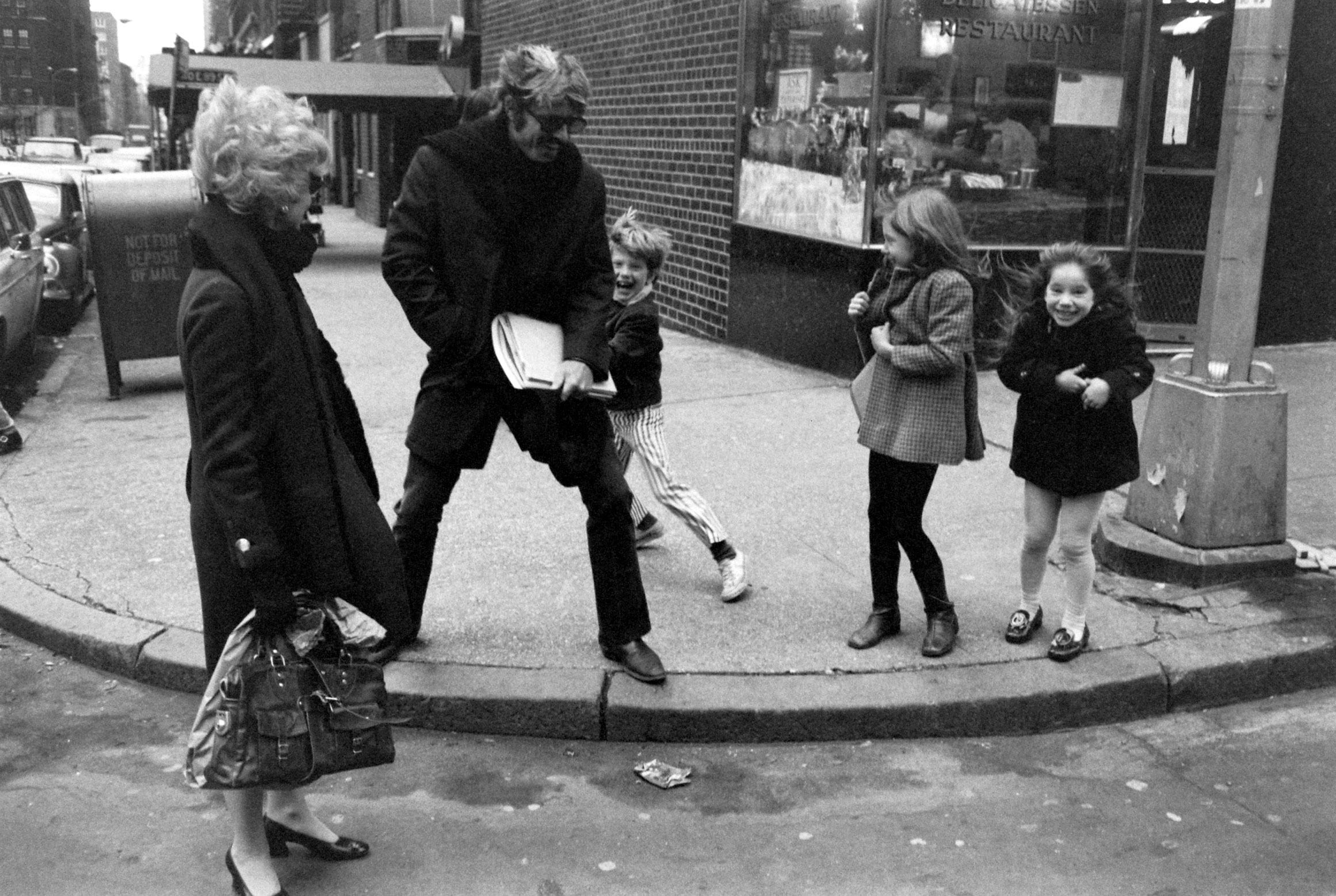
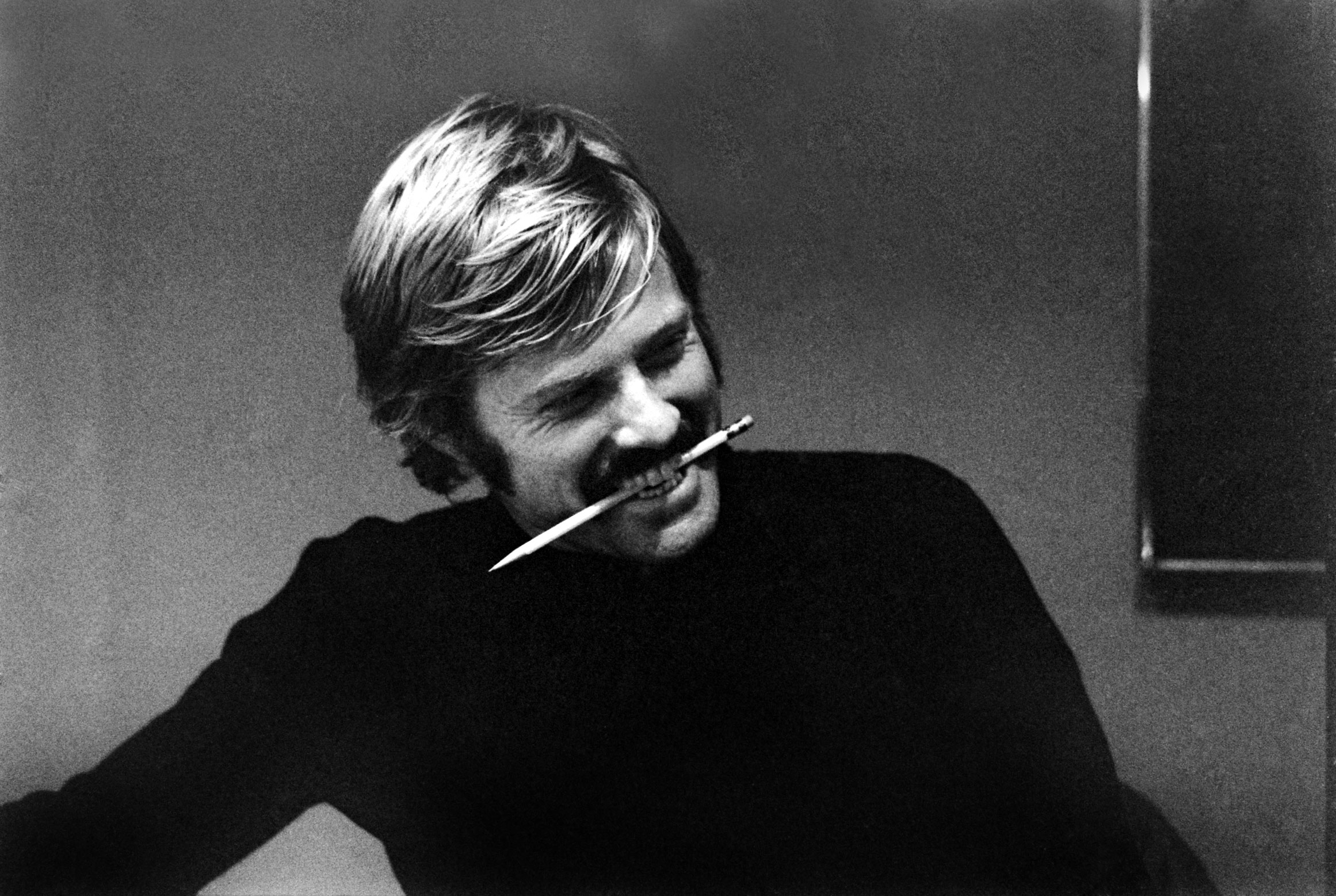
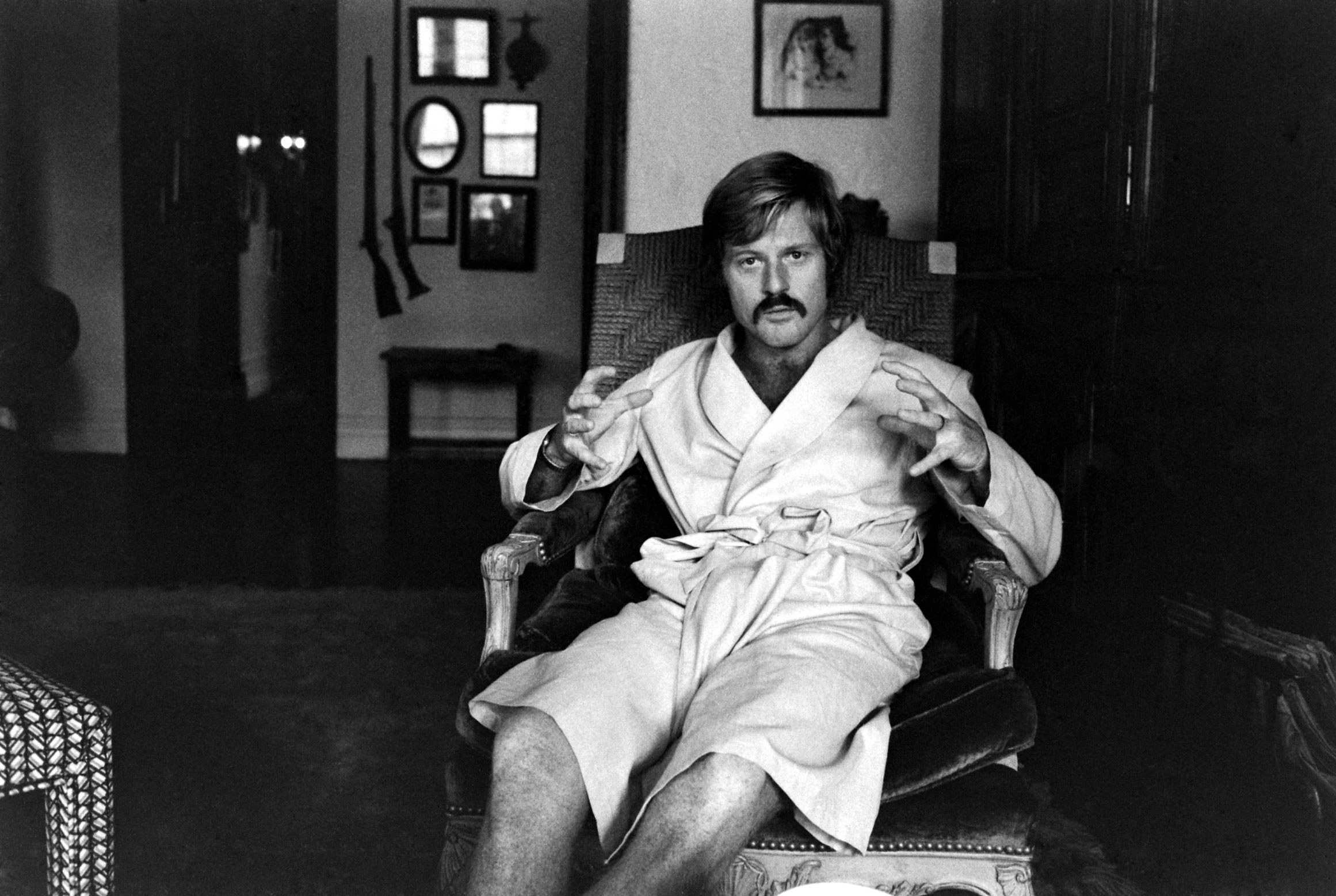
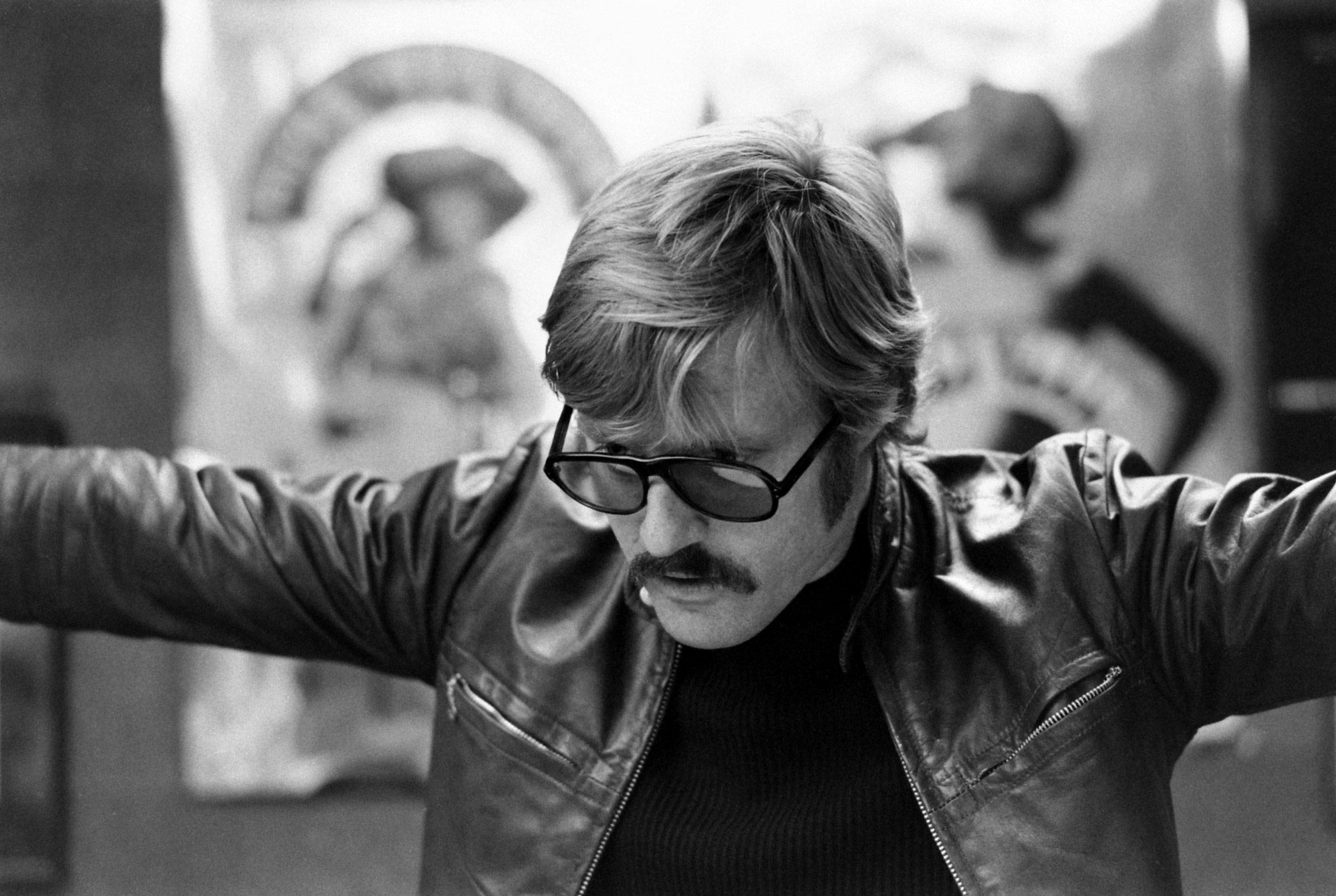
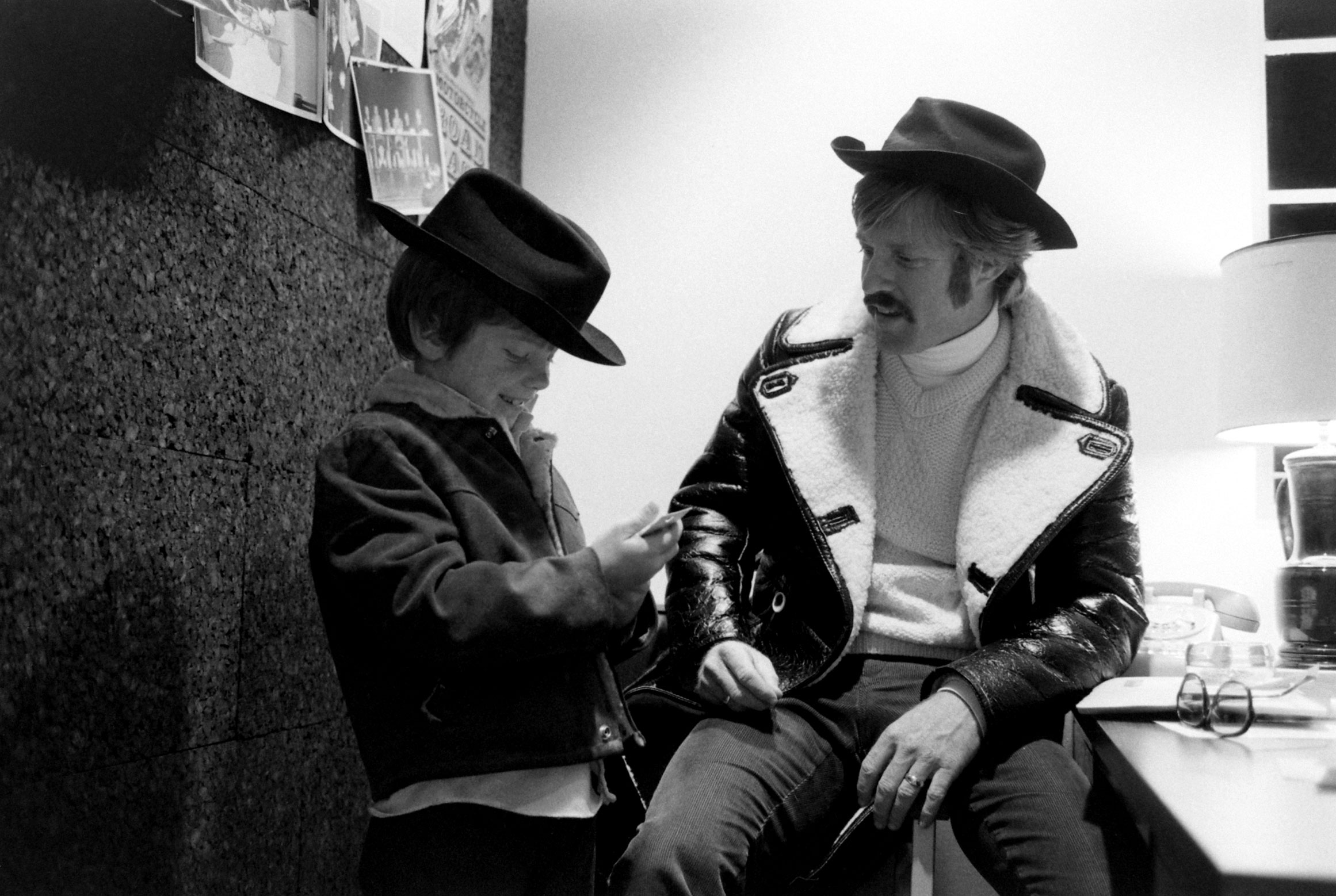
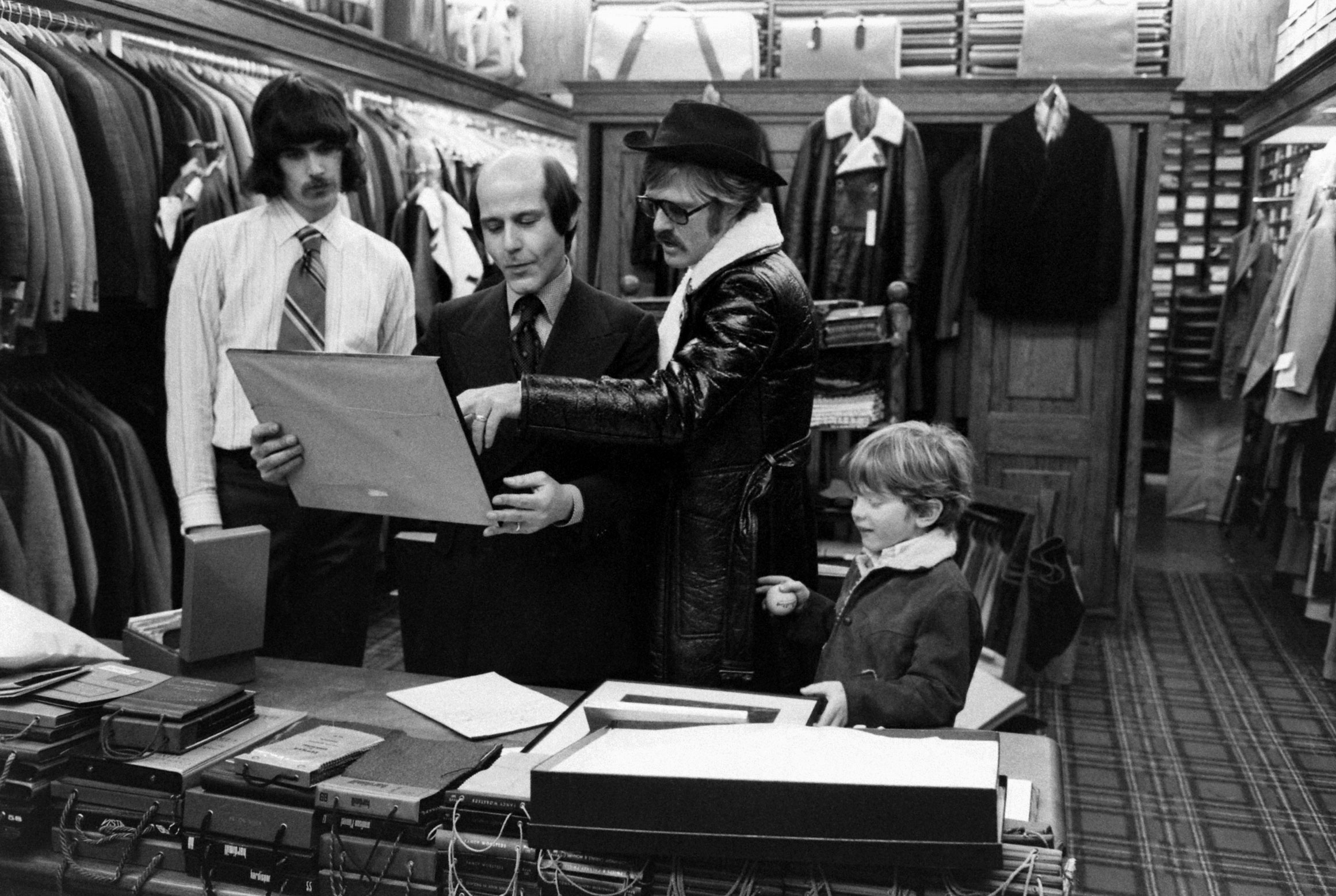
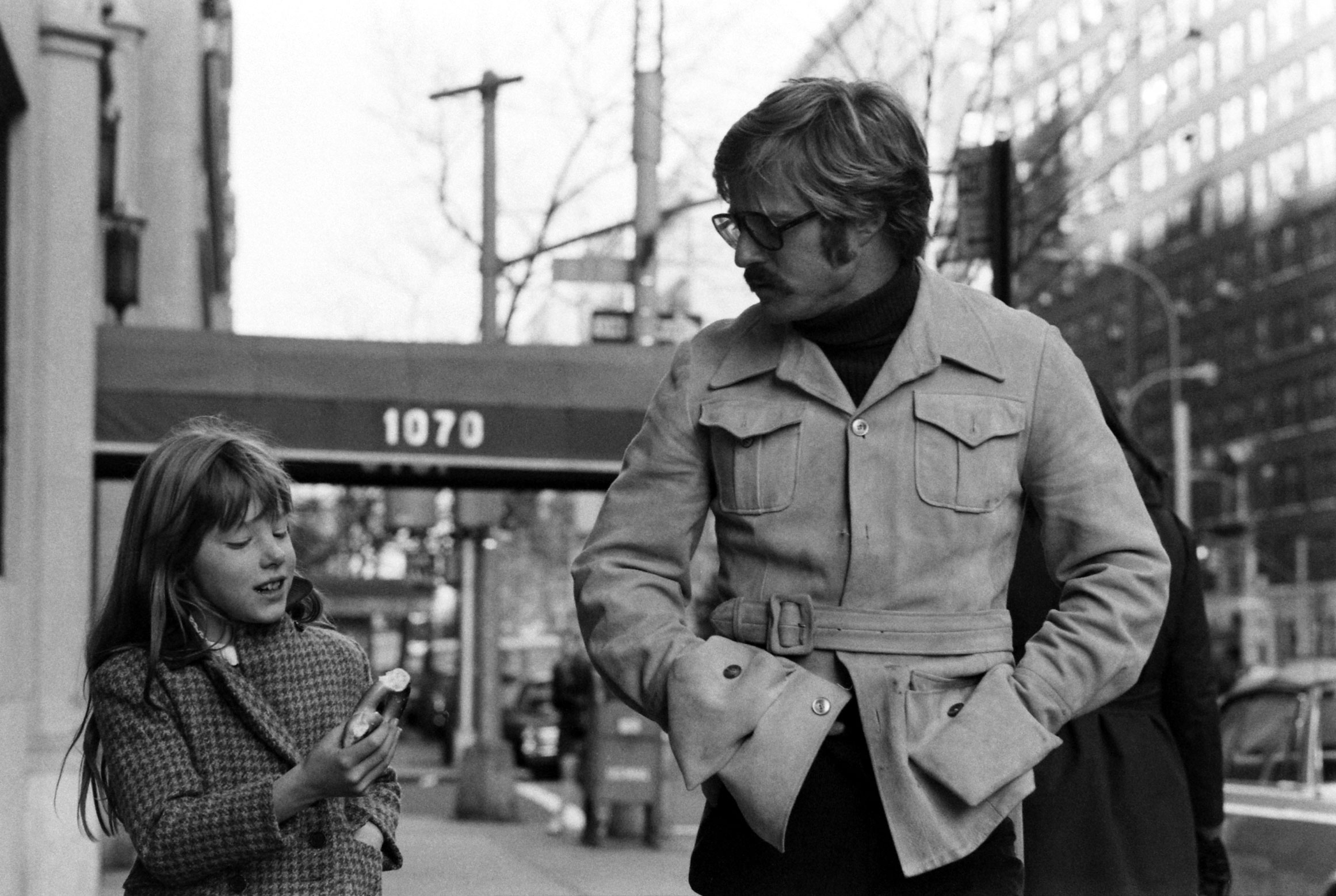
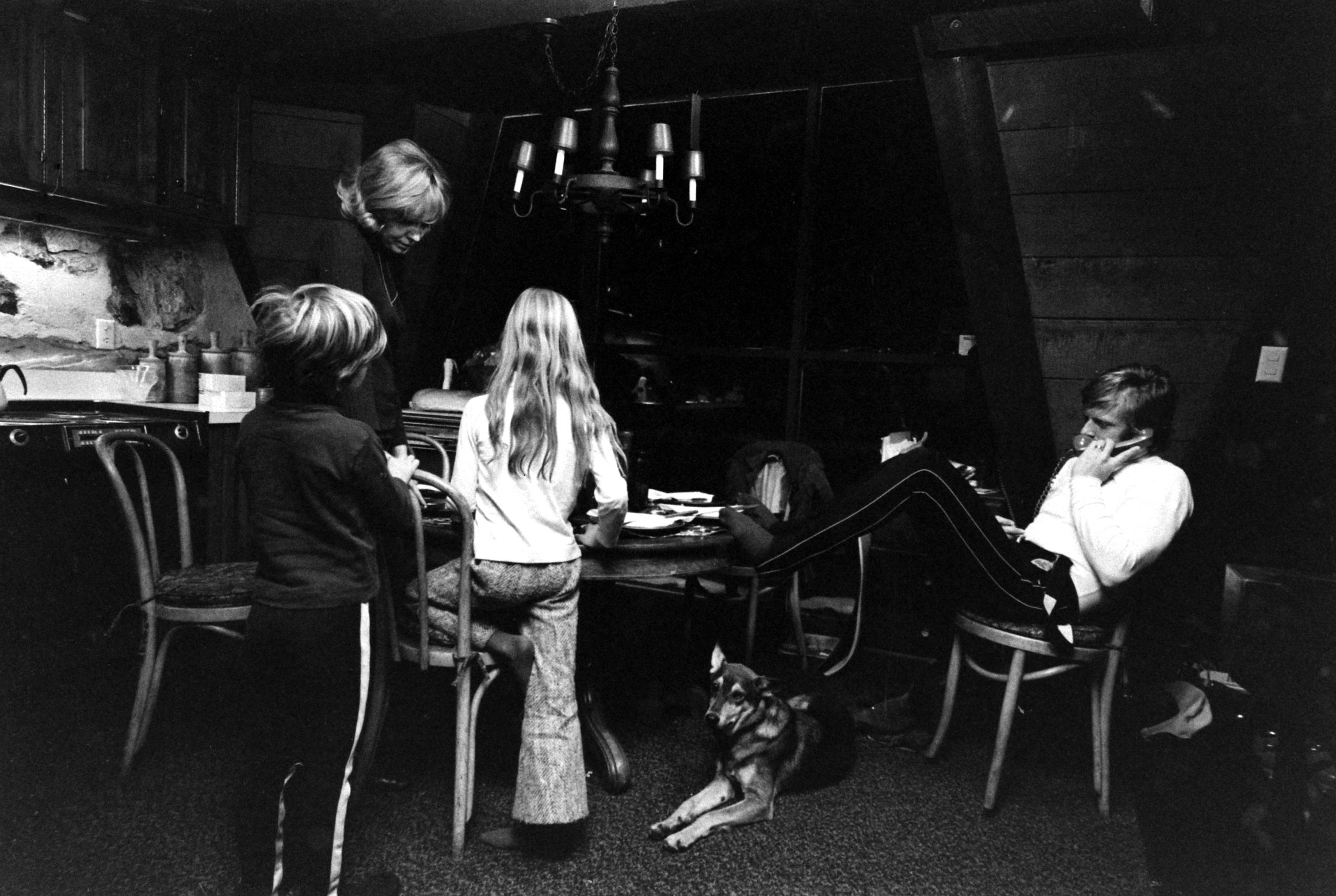
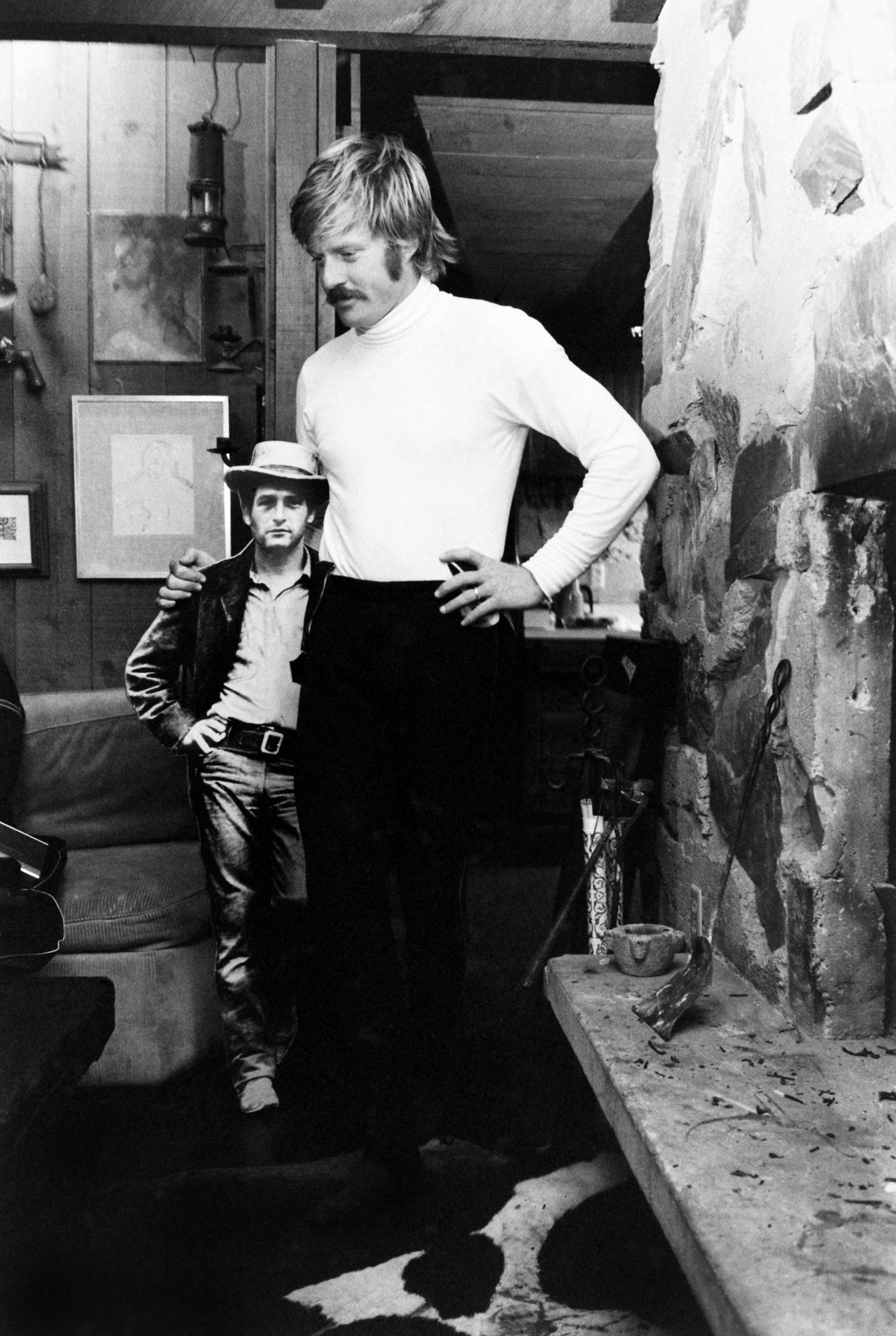
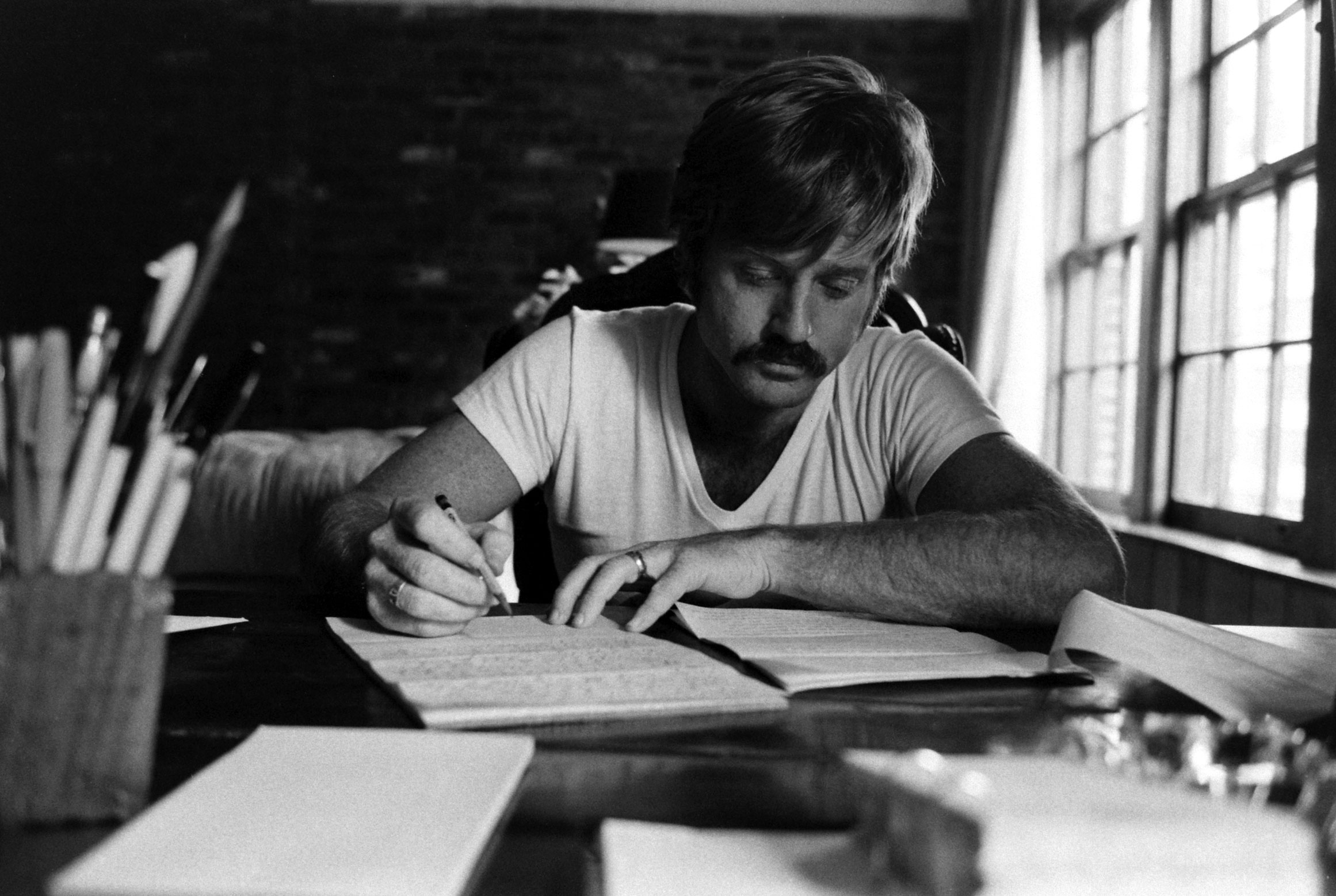
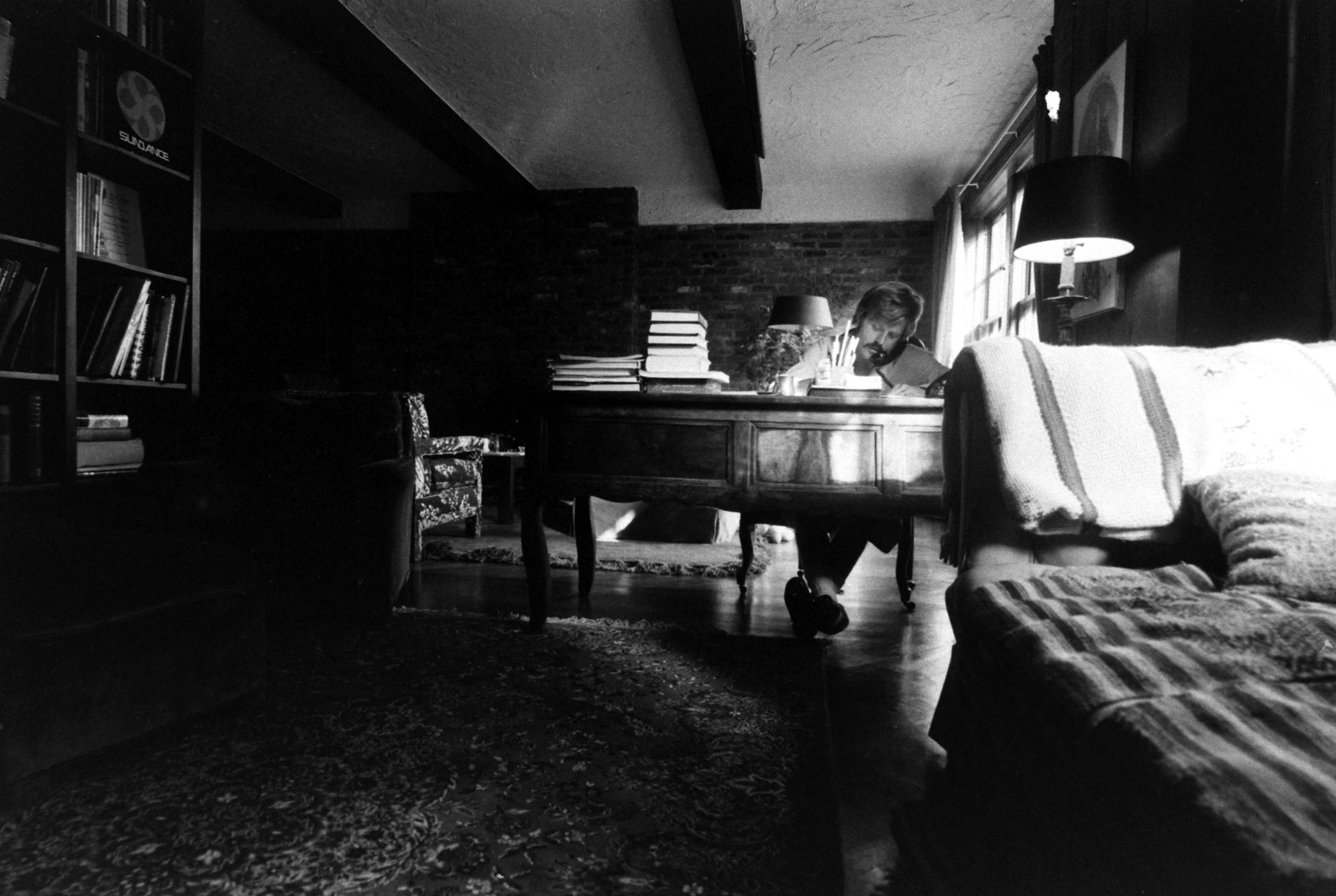
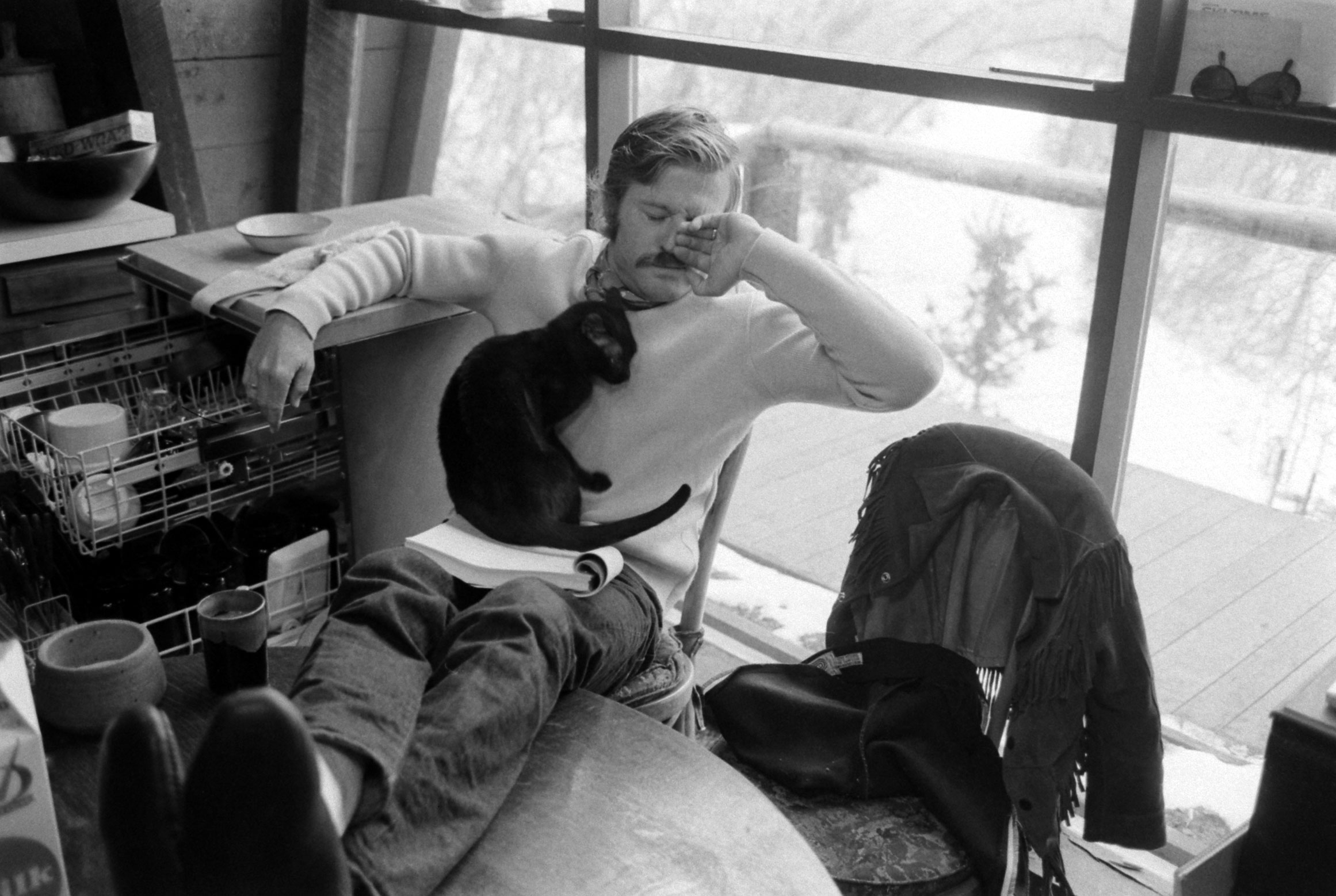
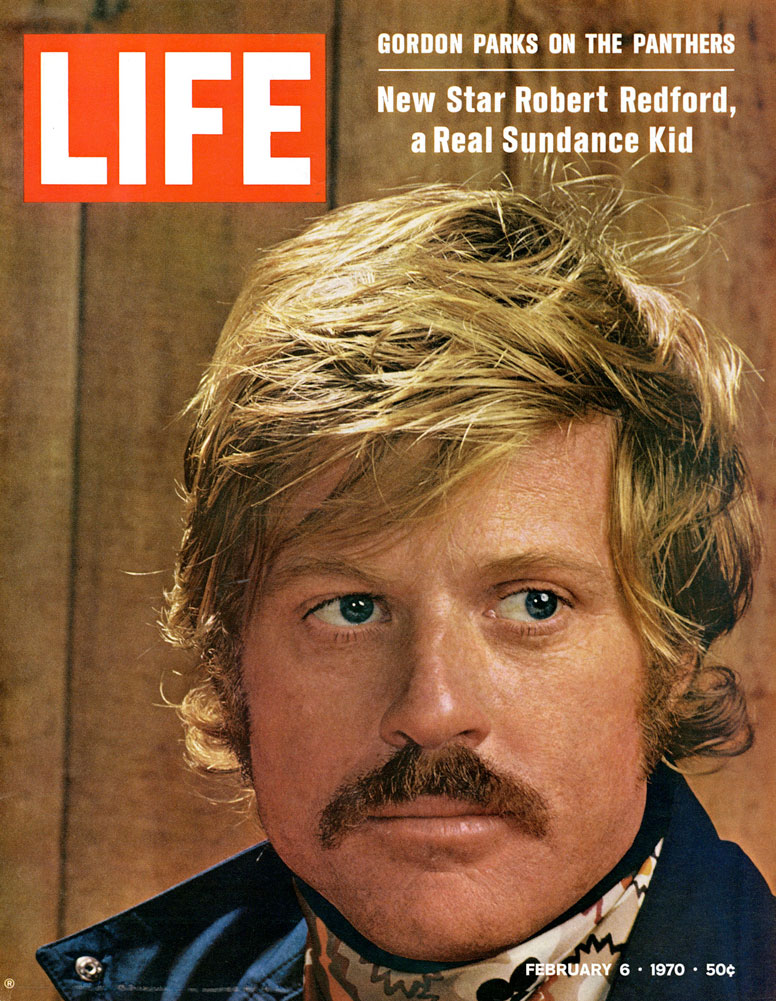
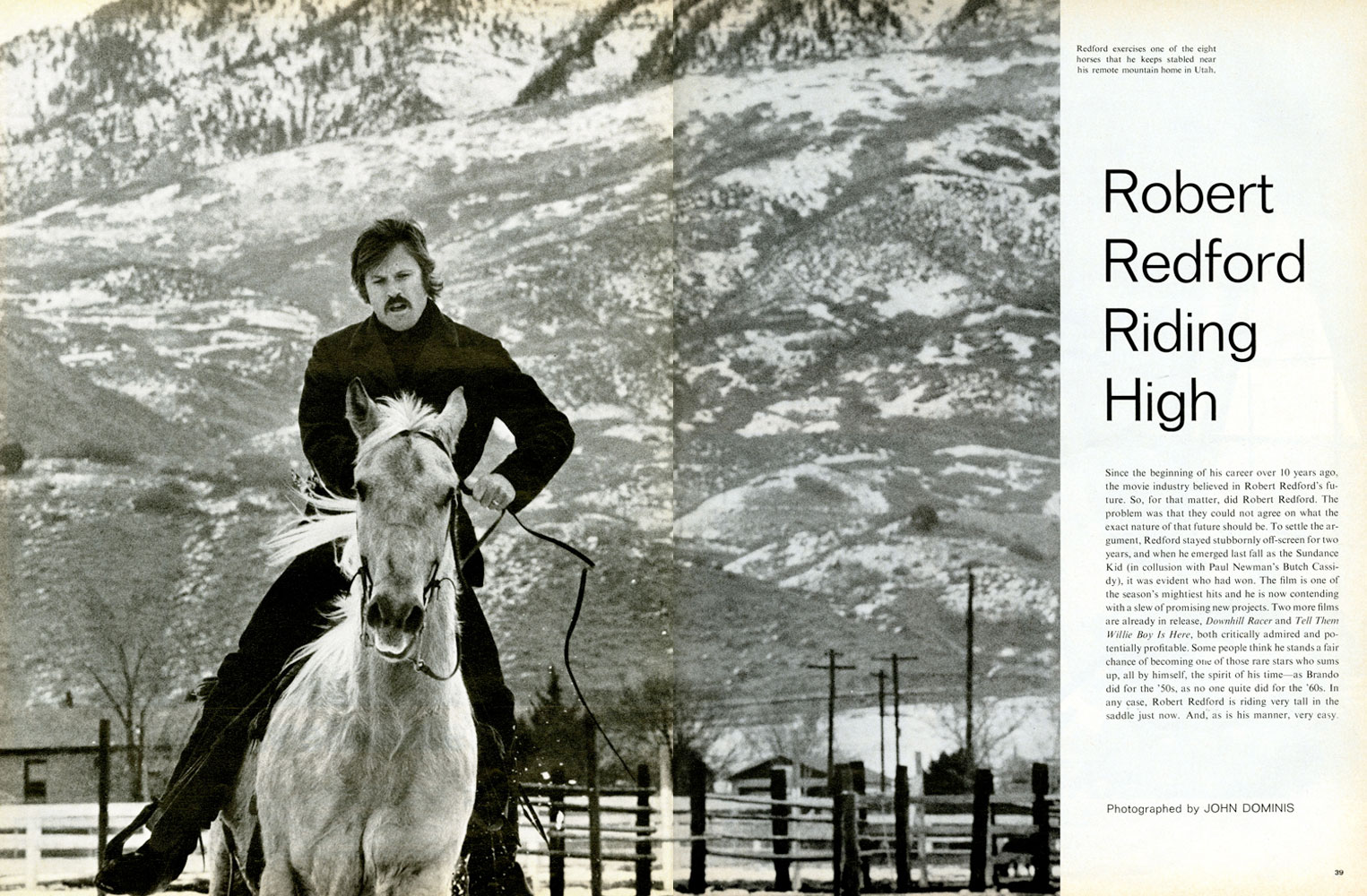
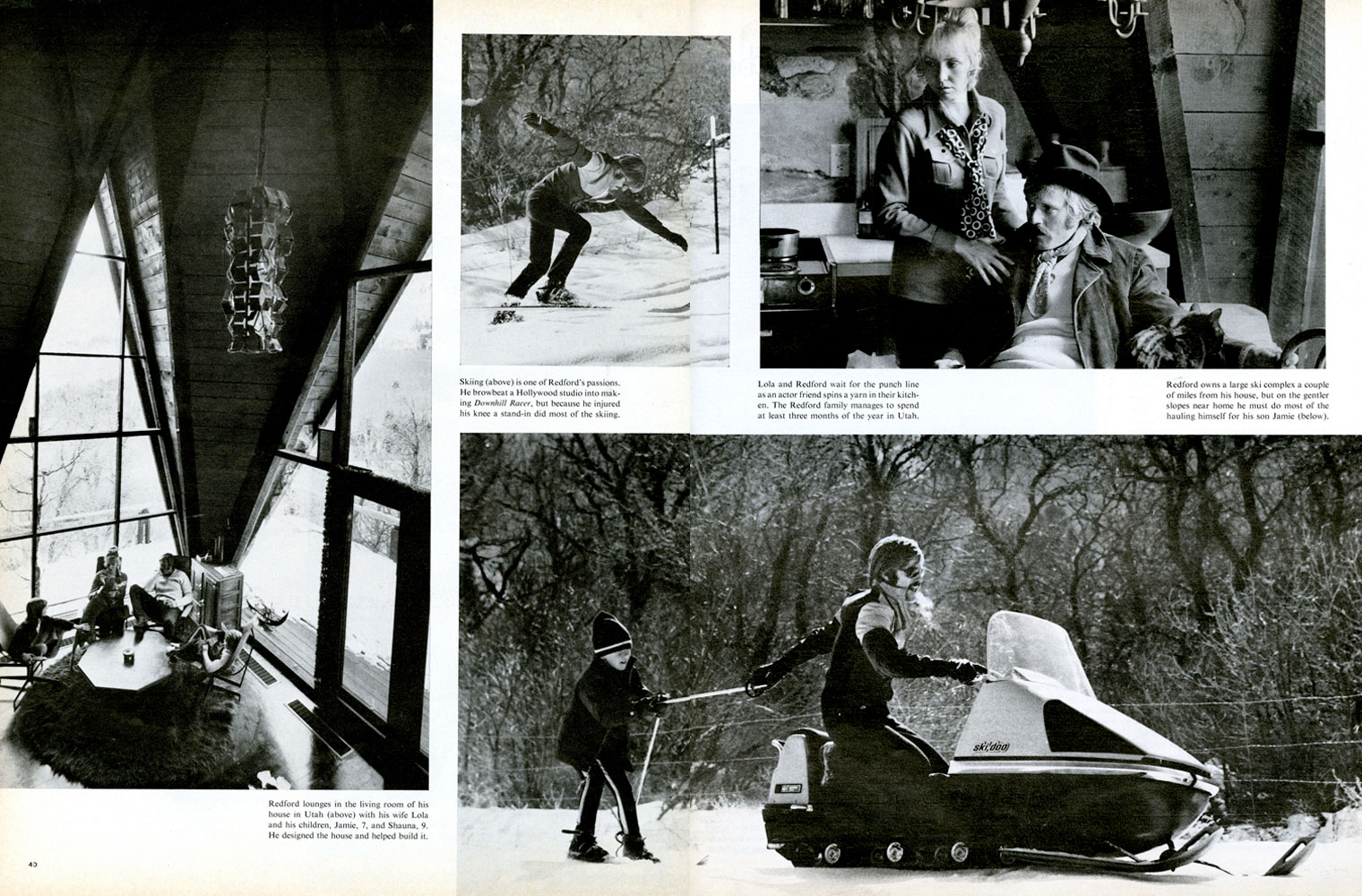
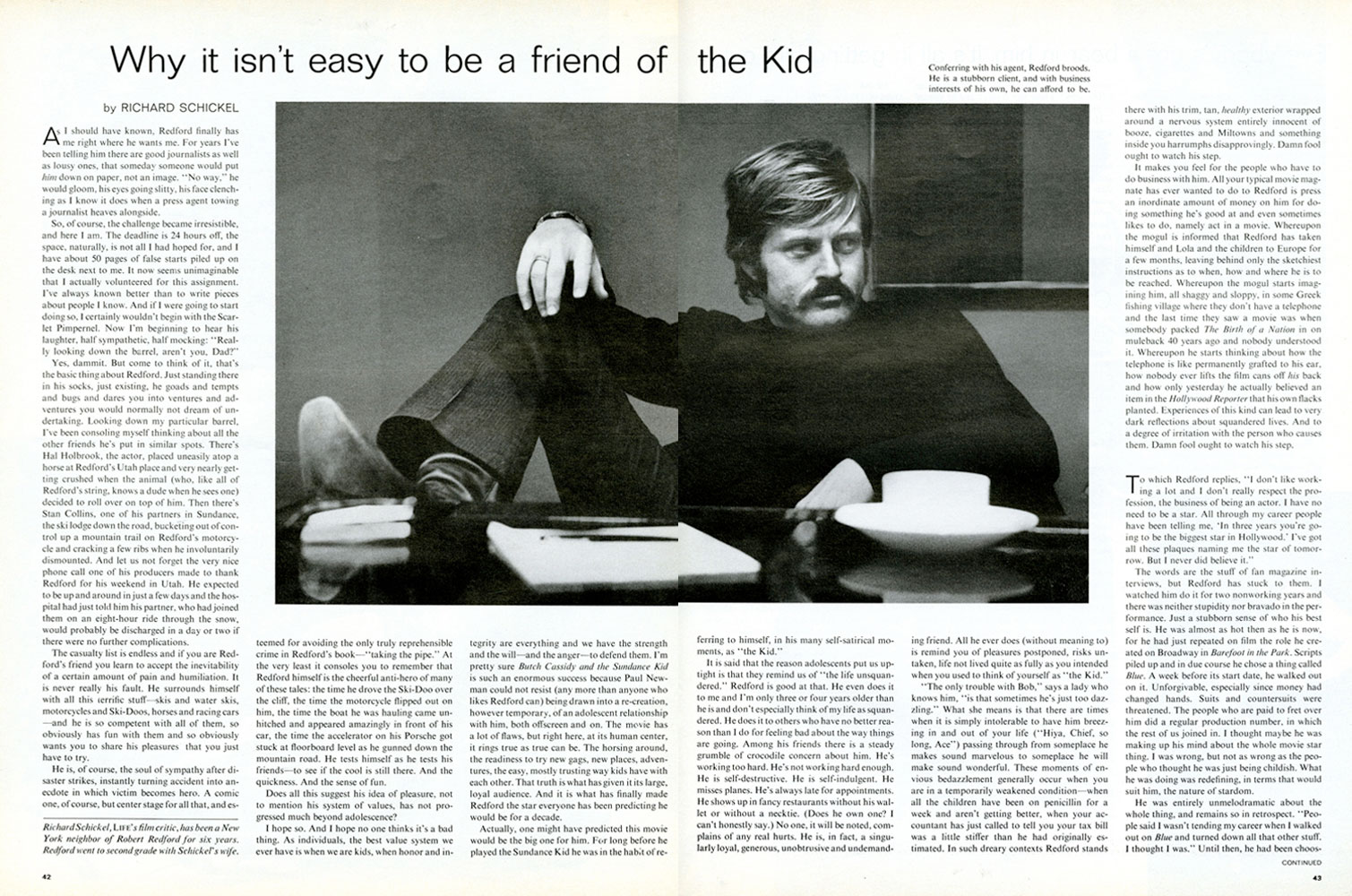
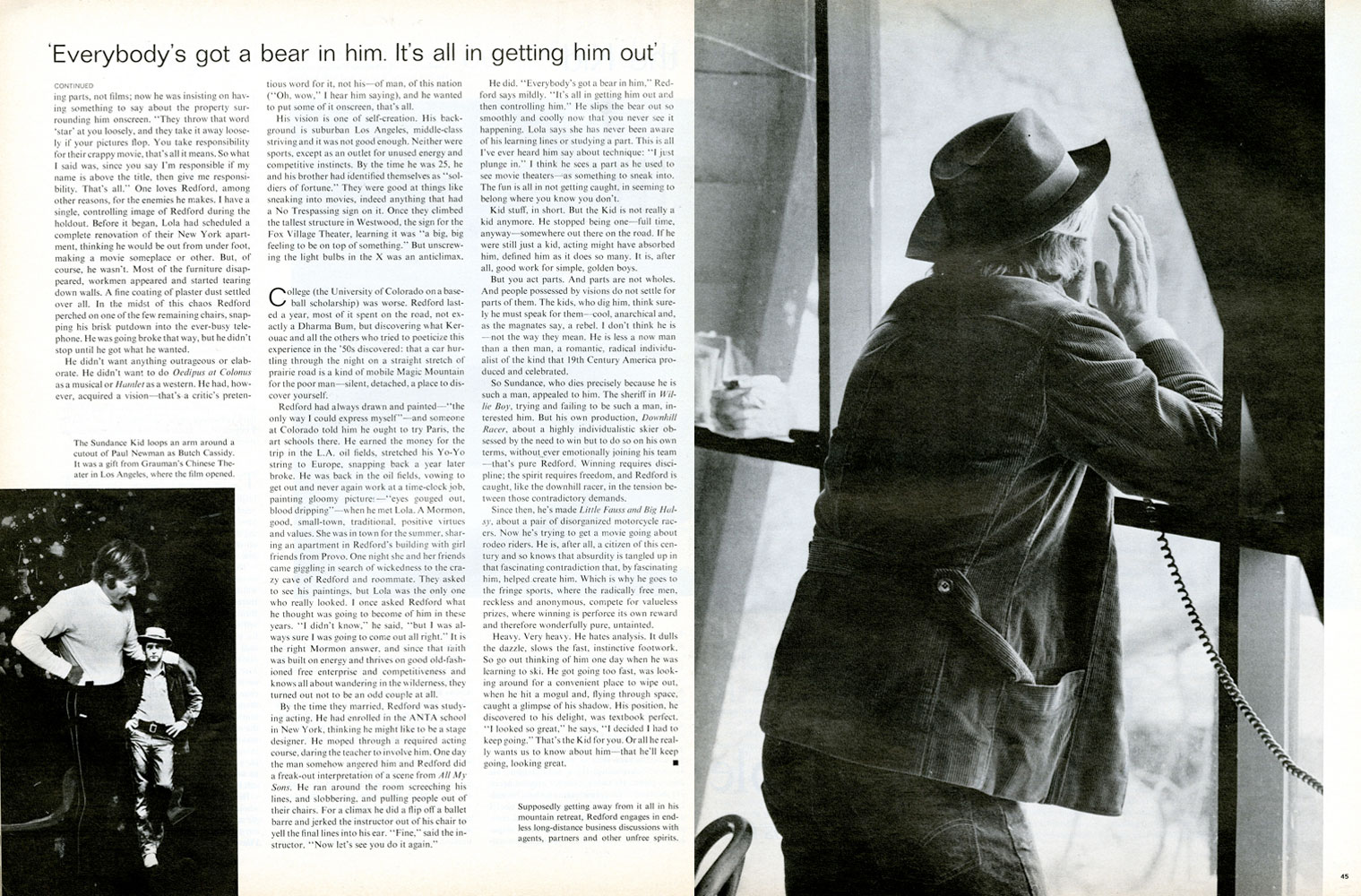
More Must-Reads from TIME
- Introducing the 2024 TIME100 Next
- The Reinvention of J.D. Vance
- How to Survive Election Season Without Losing Your Mind
- Welcome to the Golden Age of Scams
- Did the Pandemic Break Our Brains?
- The Many Lives of Jack Antonoff
- 33 True Crime Documentaries That Shaped the Genre
- Why Gut Health Issues Are More Common in Women
Contact us at letters@time.com